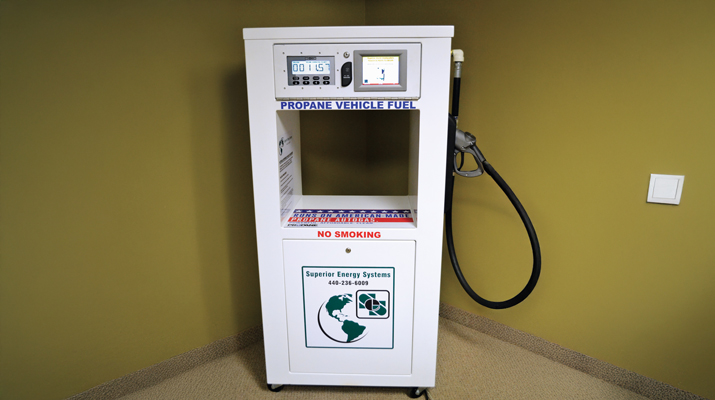Propane companies should maintain control over their safety solutions
Over several decades of having the privilege and honor to represent members of this industry when they are faced with stakes claims and lawsuits, a trend has developed that should not be ignored.
When a major systemic problem in the propane industry results in a significant problem, it draws attention from plaintiffs’ lawyers, government regulators and insurance companies. These parties seek to change the manner in which our industry employs safety policies – but they do so in dramatically different ways.
Creating change
Plaintiffs’ lawyers typically file lawsuits and, absent a class action case, purportedly seek to change propane industry safety practices by exacting financial penalties that will shake up the industry.
This can occur with large verdicts or settlements in particular cases. Punitive damages that seek to punish a company for an accident are a way to send a message that bad behavior in terms of safety will not be tolerated.
Government entities also seek to create changes aimed at shoring up safety lapses that are not being addressed by the industry. This is the proverbial red tape that businesses lament from time to time.
In their own way, insurance companies also seek to create change in industry safety practices. They make recommendations during loss control department visits to industry accounts, review the safety practices in place before placing coverage during the underwriting process and make certain requirements of any account that an insurance company will be willing to insure. Compliance with the safety policies will be monitored to avoid accidents.
All of these entities are pushing propane industry members to give earnest efforts to employ proactive safety practices. This is something more than just lip service.
If individual members of the industry don’t incorporate proven safety practices, it is believed that more accidents will occur. When new problems surface, it is inevitable that one of these groups will attempt to impose its safety solutions on industry members.
Unwanted outgrowth
Take for instance the recently well-publicized recall of propane in a number of states on the East Coast.
One outgrowth of this recall: Massachusetts developed legislation that it sought to impose on the industry to address a problem. The proposed legislation was not something the industry thought necessary, nor was it thought to correct the perceived problem. One might infer that the legislation was proposed because the industry was not policing itself.
There is a lesson from product recalls, insurance-imposed safety criteria, government-imposed red tape and plaintiffs’ lawyers seeking to punish the industry for safety failures. We can avoid these aggravations by demonstrating that we are proactively solving recurring and sometimes new safety failures that occur on an industry and company basis.
Part of taking charge of solving our own problems is managing the communication with those who seek to impose their own solutions on the industry and its members.
We also need to be vigilant in coming together as industry members to incorporate safe practices. Industry refers to this as incorporating best practices. A considerable amount of industry effort is already directed toward developing and implementing best practices. But we must be willing to continually perform self-critical analysis of our industry to see where new problems surface and might arise.
This is often a thankless job but a vital one that is necessary for this industry to flourish.
I have worked with many in the industry to develop and improve safe practices, and your efforts should be lauded. For those who have yet to fully embrace this effort, keep in mind that safety is a top priority and a consistent hallmark of successful companies.
















